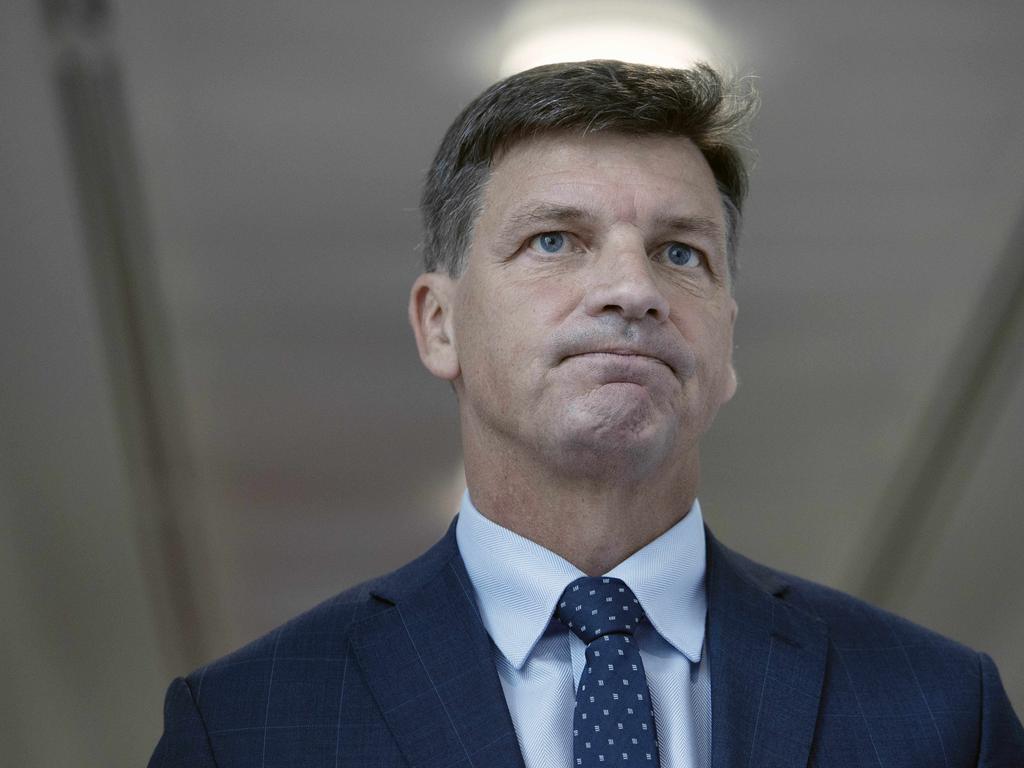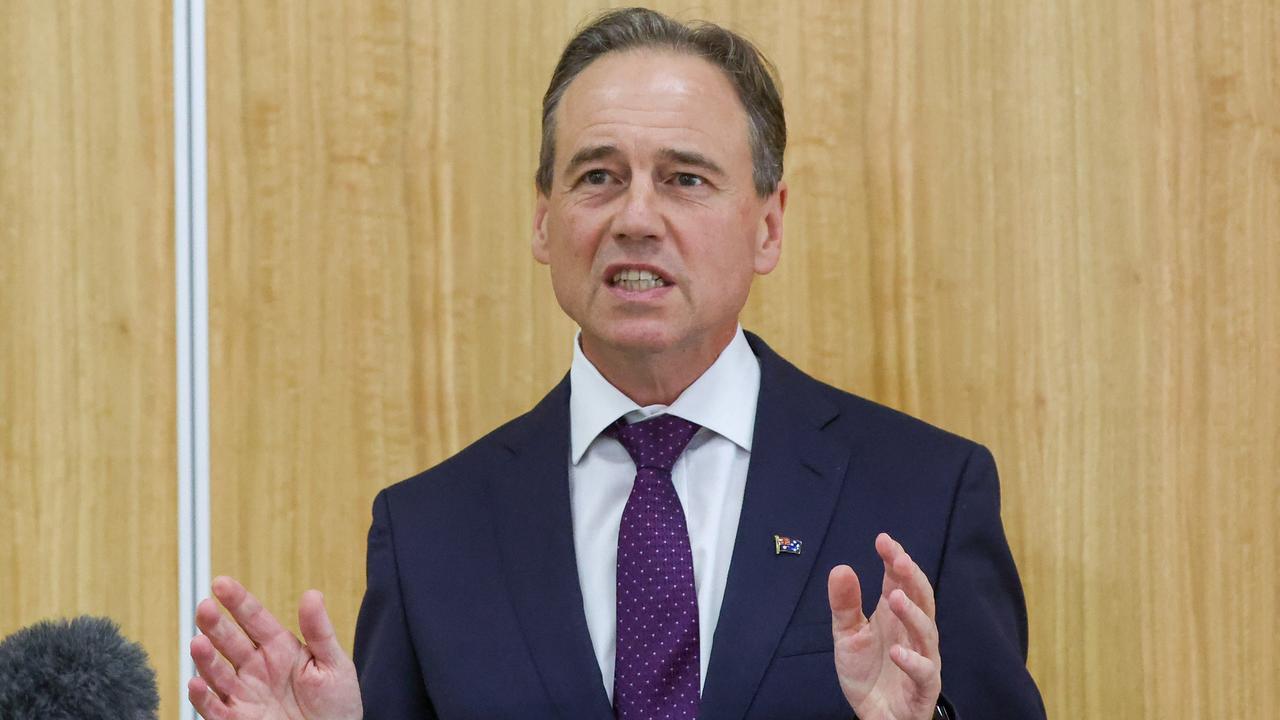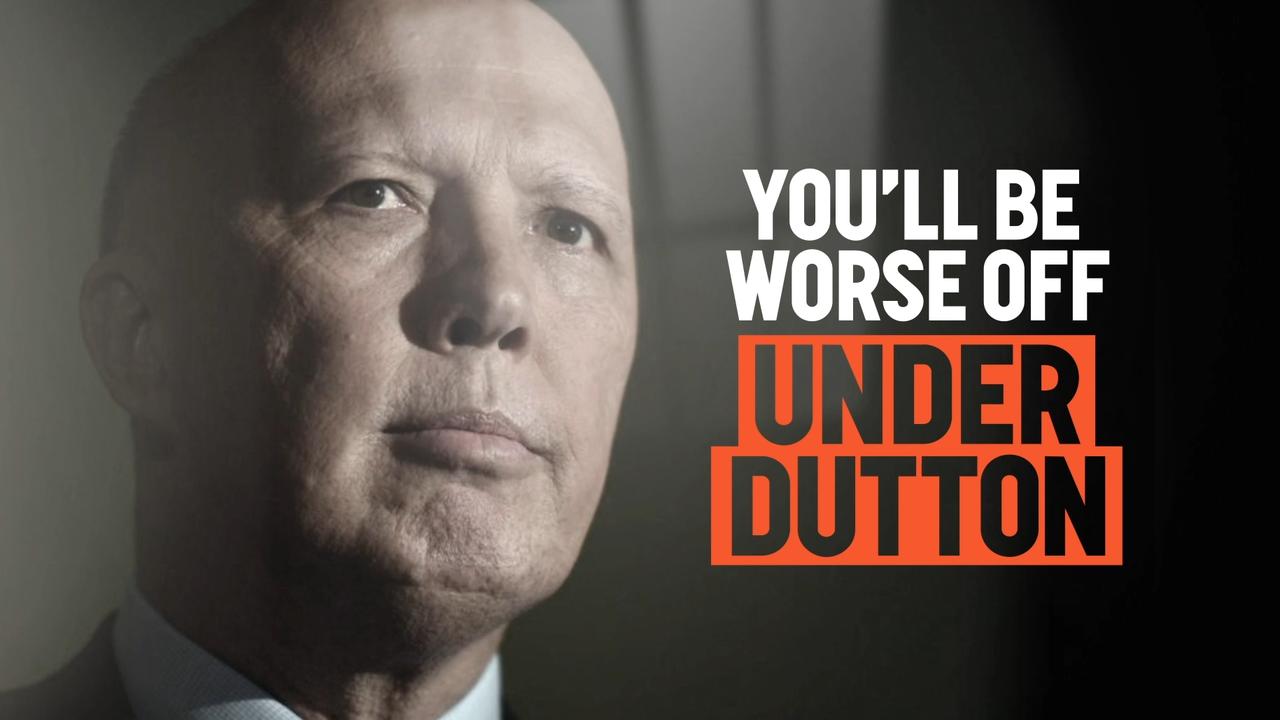Morrison government ready to bargain on industrial relations reforms
Christian Porter could dump changes that risk some employees being worse off to ensure workplace bill’s passage.
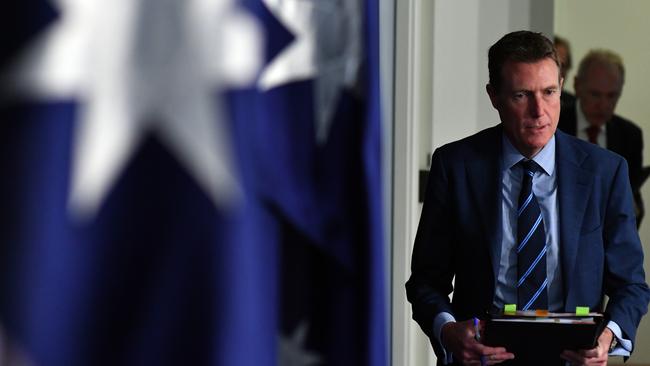
Attorney-General Christian Porter could dump contentious industrial relations changes that risk some employees being worse off to ensure passage of the Coalition’s workplace bill and head off a Work Choices-style political attack.
As Labor and the unions accused the Coalition of declaring war on workers over the proposed changes, Mr Porter insisted the bill was “not a ‘take it or leave it’ situation’’.
His comments came after One Nation cast doubt on whether it would provide crossbench support to the bill, warning the government’s industrial relations proposals would require “many, many, many changes’’.
Mr Porter, who is also the Industrial Relations Minister, said the government was “open to dialogue, and (to) receive suggestions, on any provision in the bill, and that’s a continuation of the process we have had”.
His comments came as the government had a significant policy win on Wednesday when the Senate passed the Coalition’s union demerger bill, clearing the way for the breakup of the Construction Forestry Maritime Mining and Energy Union in 2021.
The laws, supported by Labor and not publicly criticised by the ACTU, will allow the CFMEU’s mining and energy division, and its manufacturing division, to split from the union, leaving construction division officials, including John Setka, increasingly isolated.
As the government unveiled the industrial relations bill, Mr Porter revealed that he had written to Fair Work Commission president Iain Ross to ask the tribunal to investigate implementing award changes that would allow employers to pay a single, higher rate to retail, hospitality and restaurant workers.
But it was the government’s surprise proposal to give COVID-stressed employers more power to bypass the Fair Work Act’s “better off overall” test that dominated question time and reaction from unions and business to the bill, which will now be subject to a Senate inquiry.
Mr Porter insisted the change, which would last for two years, was not groundbreaking and he expected it might only be used “in a small handful of occasions”.
While employers accused unions of fear-mongering, Mr Porter said the government was open to changes to the bill during the Senate process and before it came back for a vote after federal parliament resumed in 2021.
“The history of omnibus bills with a lot of different matters, making a range of different changes, is that there‘s almost invariably amendments and changes on the way through, particularly with the Senate as it is structured at the moment,’ he said. “So it’s certainly not a ‘take it or leave it’ situation.”
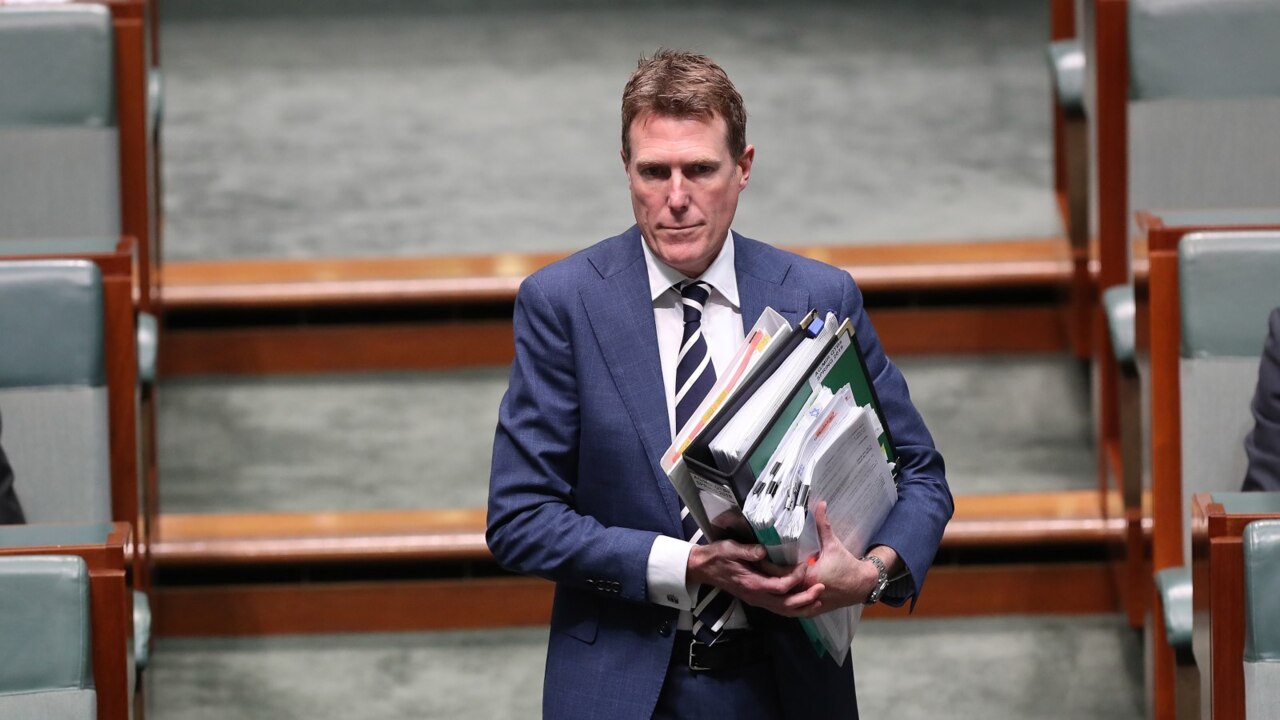
One Nation senator Malcolm Roberts criticised the complexity of the proposed legislation, saying the bill would require significant changes to get his support in the Senate.
“There’s 220 pages in the explanatory memorandum,” Senator Roberts said. “One of the key things we need to do is to simplify this mess — make it simple and less complex. We want to end the rule of the IR club which is responsible for a lot of the IR problems in this country.”
ACTU secretary Sally McManus said the “better off overall” test changes were “dangerous and extreme”.
“These proposals were never raised during months of discussions with employers and the government,” Ms McManus said.
“The union movement will fight these proposals, which will leave working people worse off. This was not the spirit of the talks with employers and the government; this is not about us all being in this together.”
Throughout question time, Labor MPs criticised the proposed laws, which they said would cut the take-home pay of Australians, particularly essential workers. Anthony Albanese moved to suspend standing orders over what he described as Scott Morrison‘s refusal to guarantee no worker would be worse off under changes to the test. “The fact is that the heroes of the pandemic deserve better than this scrooge of a Prime Minister,” the Opposition Leader said.
The Prime Minister said the changes were “job-creating and job-keeping changes”.
He said the proposed laws would ensure Australians could remain in jobs and return to work.
“We are seeking to do that in a way which allows those employees and their employers to be able to sit together and make agreements,” Mr Morrison said.
Australian Chamber of Commerce and Industry chief executive James Pearson said politicians “must lay down their swords and agree to fix some key industrial relations problems if we are to save and create jobs in this new COVID world order”.

“The package is far from the most ambitious or far-reaching of the past few decades, but its modest approach is perhaps the most critical, considering more than two million Australians are in the job queue or desperate for more work,“ Mr Pearson said.
Australian Industry Group chief executive Innes Willox said there were longstanding provisions in the Fair Work Act, and in prior legislation, that allowed enterprise agreements that did not pass the “better off overall” test to be approved in very limited circumstances.
“During the recovery from the pandemic, it is important that the Fair Work Commission has increased discretion to approve enterprise agreements which do not pass the BOOT, in genuine and limited circumstances where approval of the agreement is in the interests of all parties,” Mr Willox said. “The bill makes a modest amendment to the current provisions to address this.”
Business Council chief executive Jennifer Westacott said the changes to enterprise agreements put “ambition back in agreement making, returning to Hawke and Keating’s original intention of a system that actively encourages employers and their teams to work together to make an enterprise successful and share in higher wages and better conditions”.
Australian Mines and Metals Association chief executive Steve Knott, said, while the enterprise bargaining changes were modest and mostly administrative, “they do address a number of process issues that have led to significant delays and frustrations in getting enterprise agreements approved within a reasonable timeframe”.



